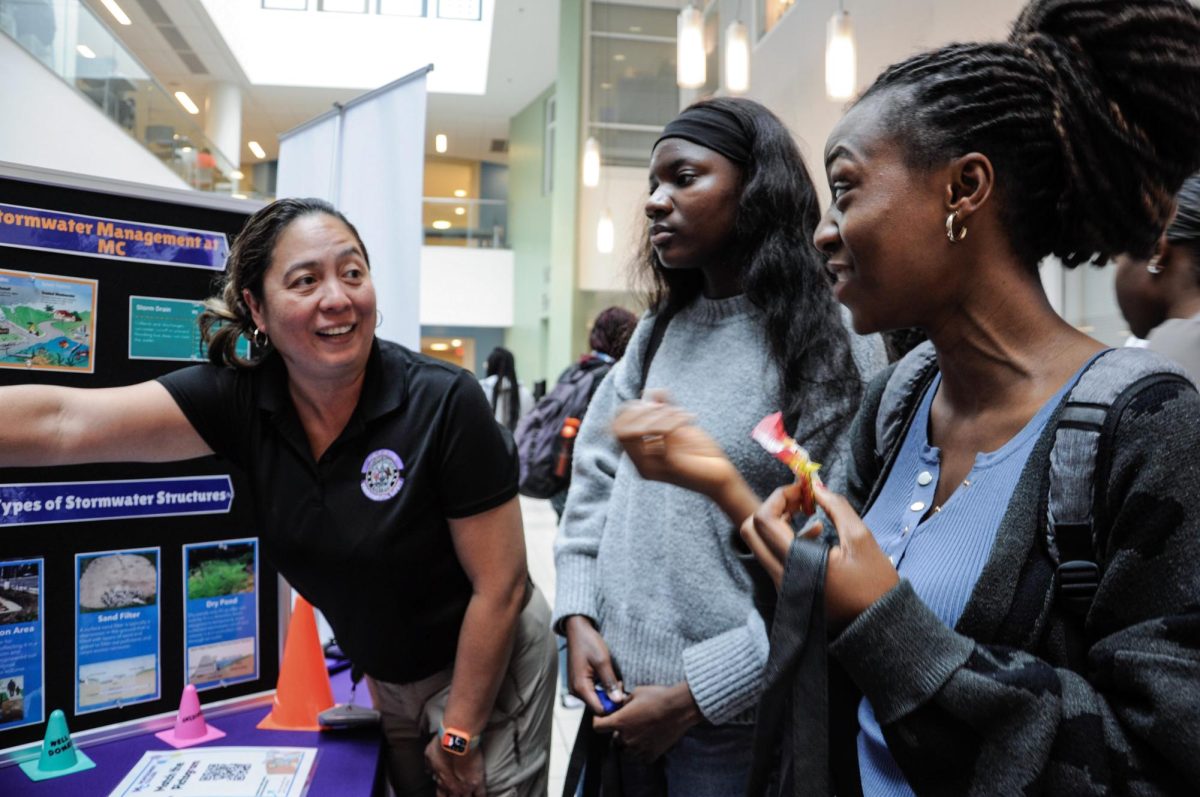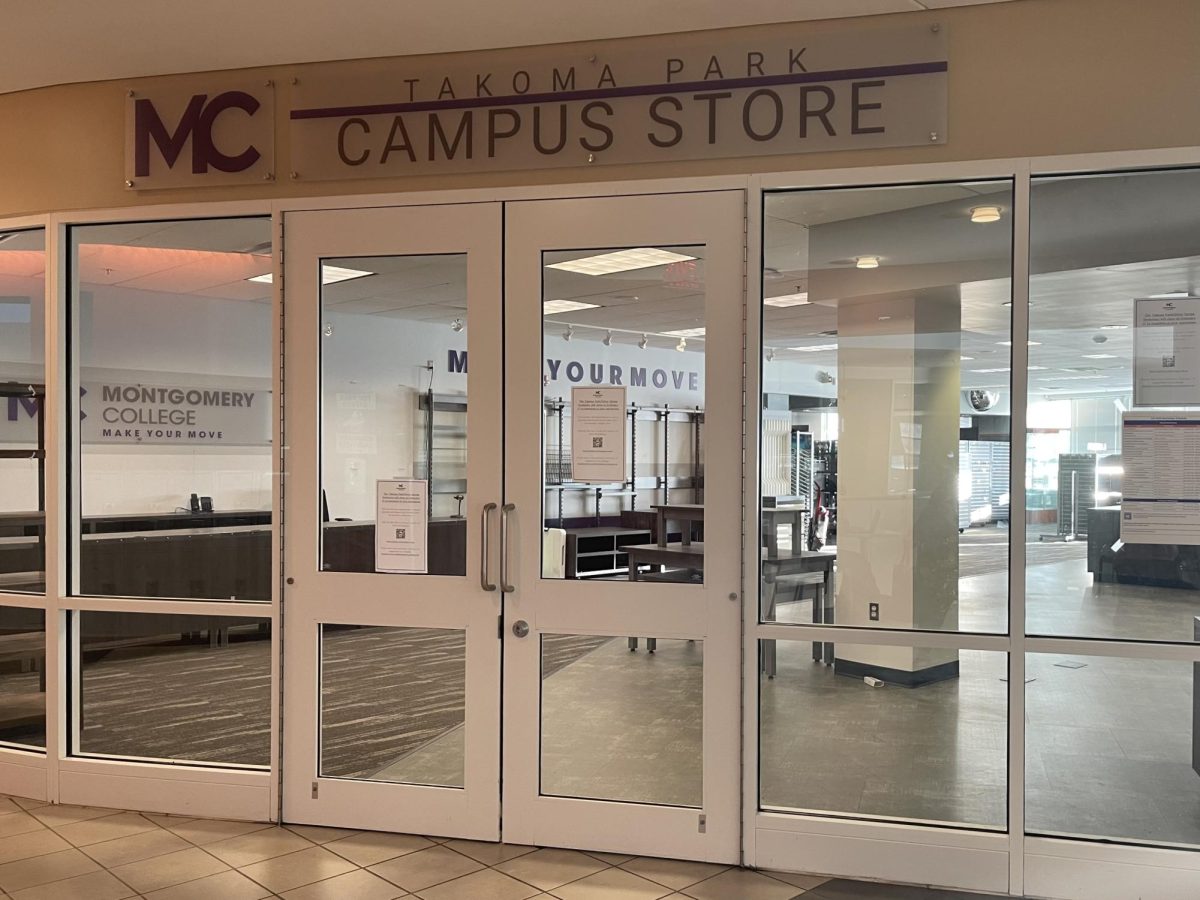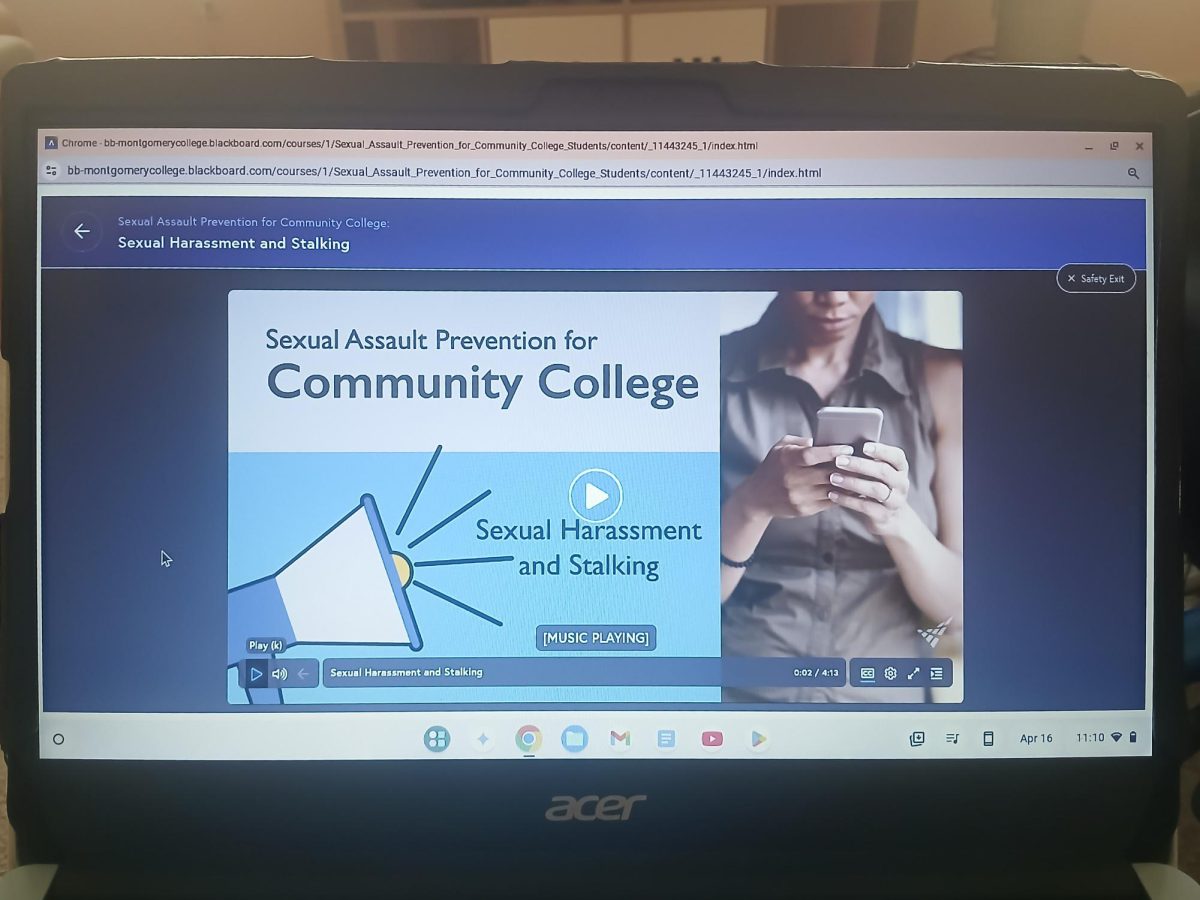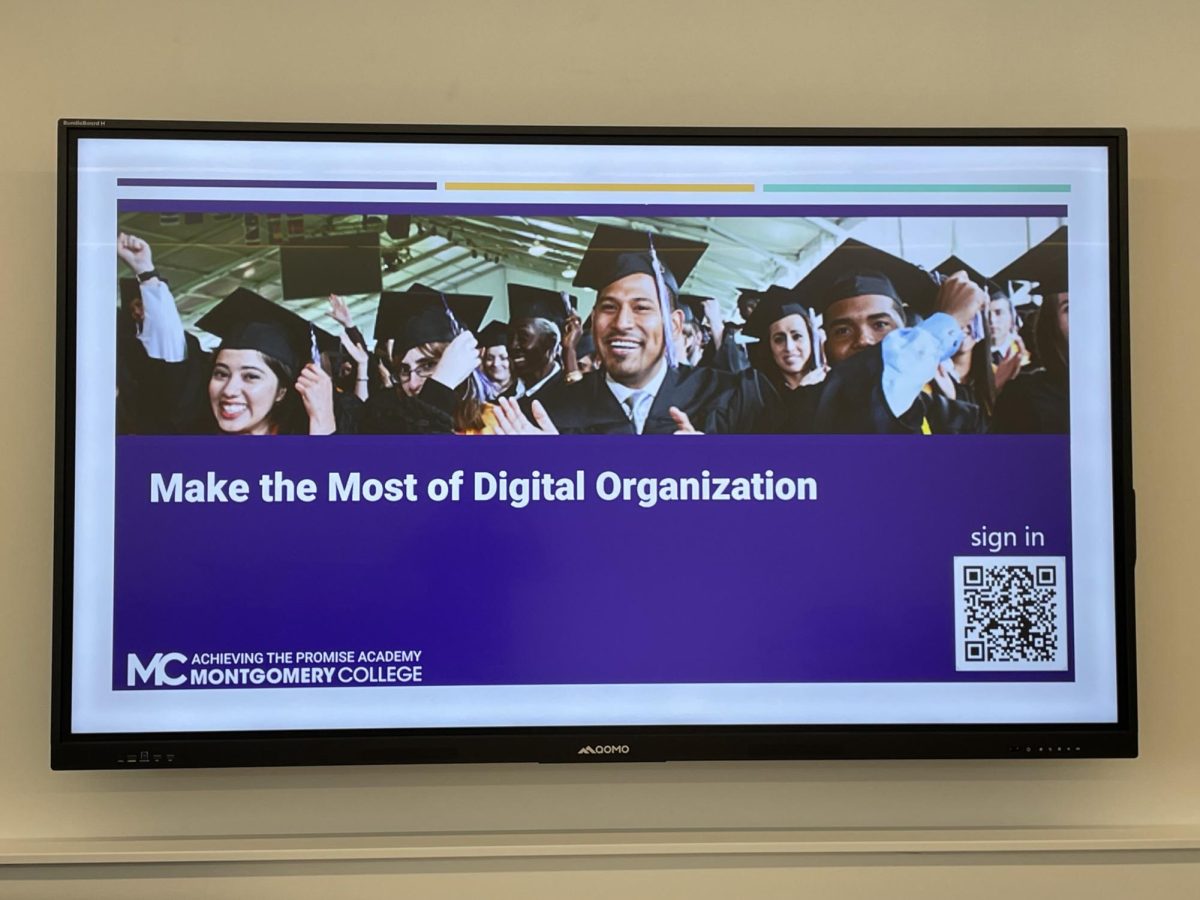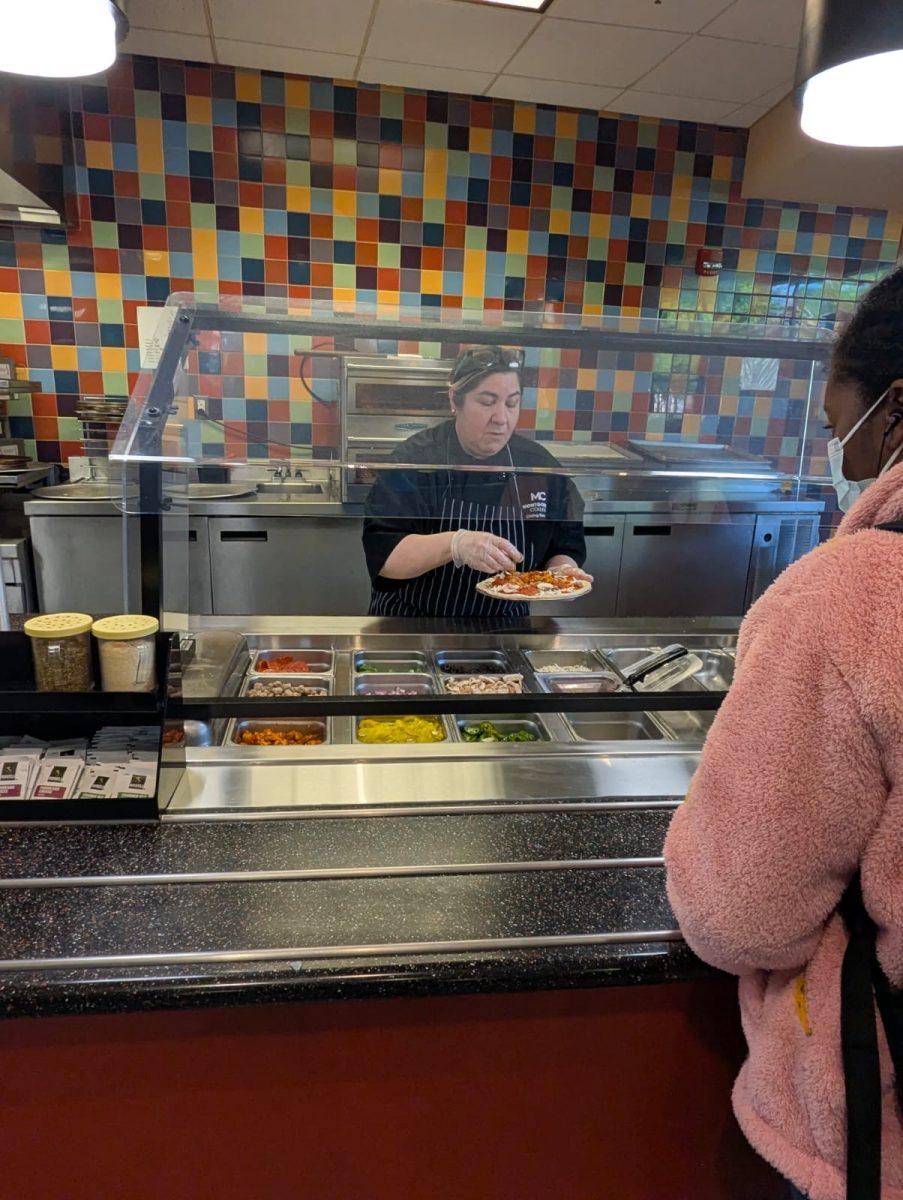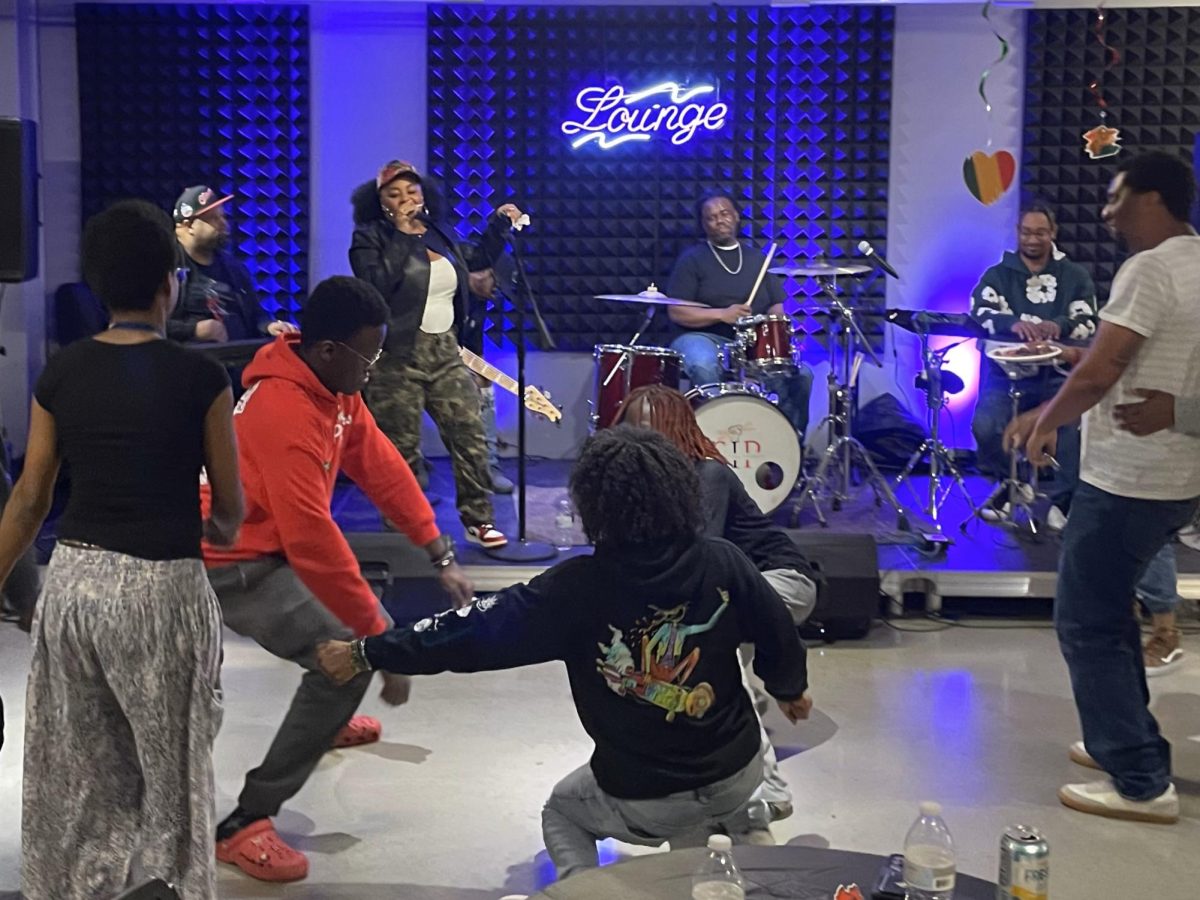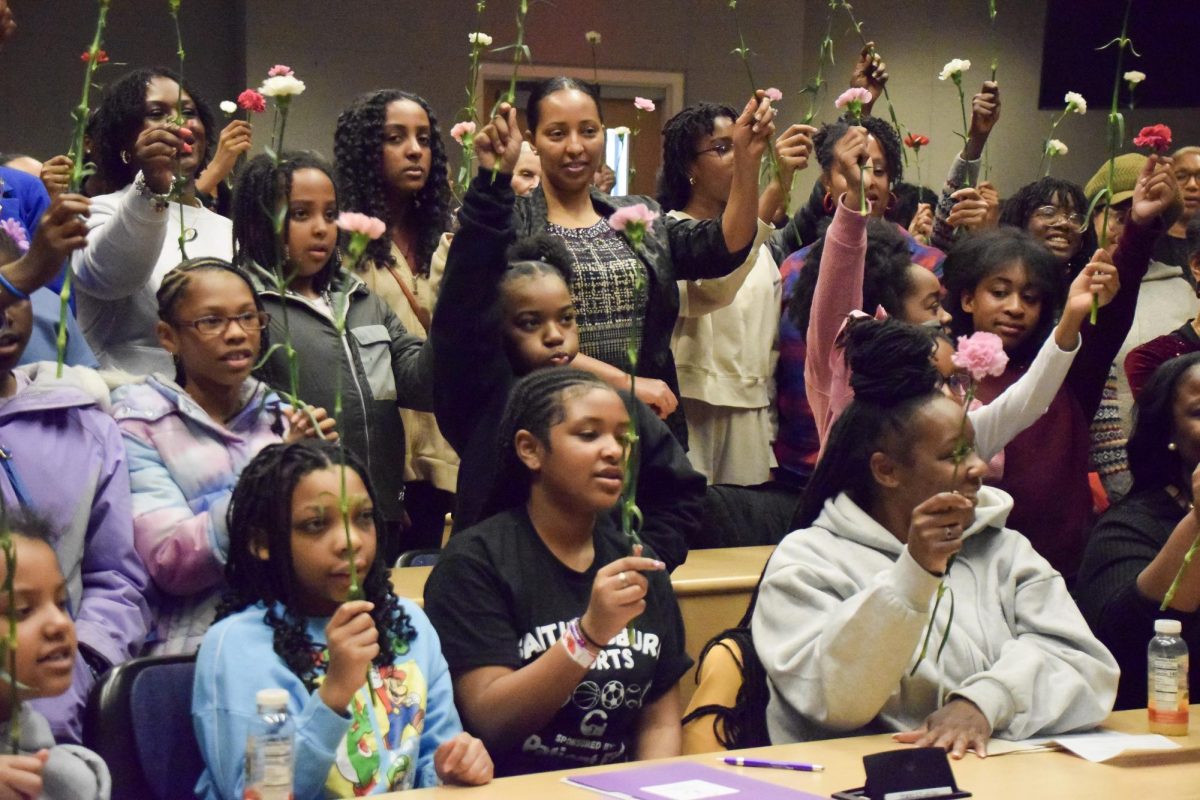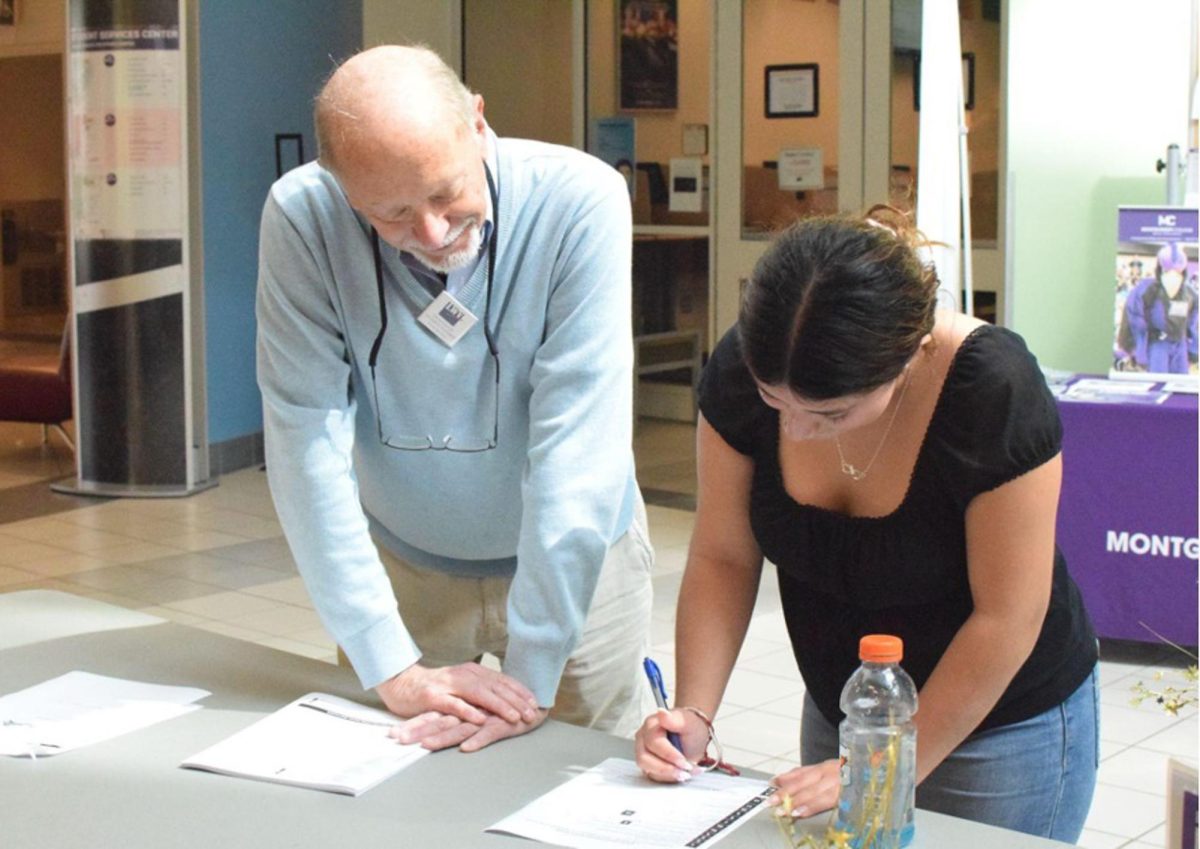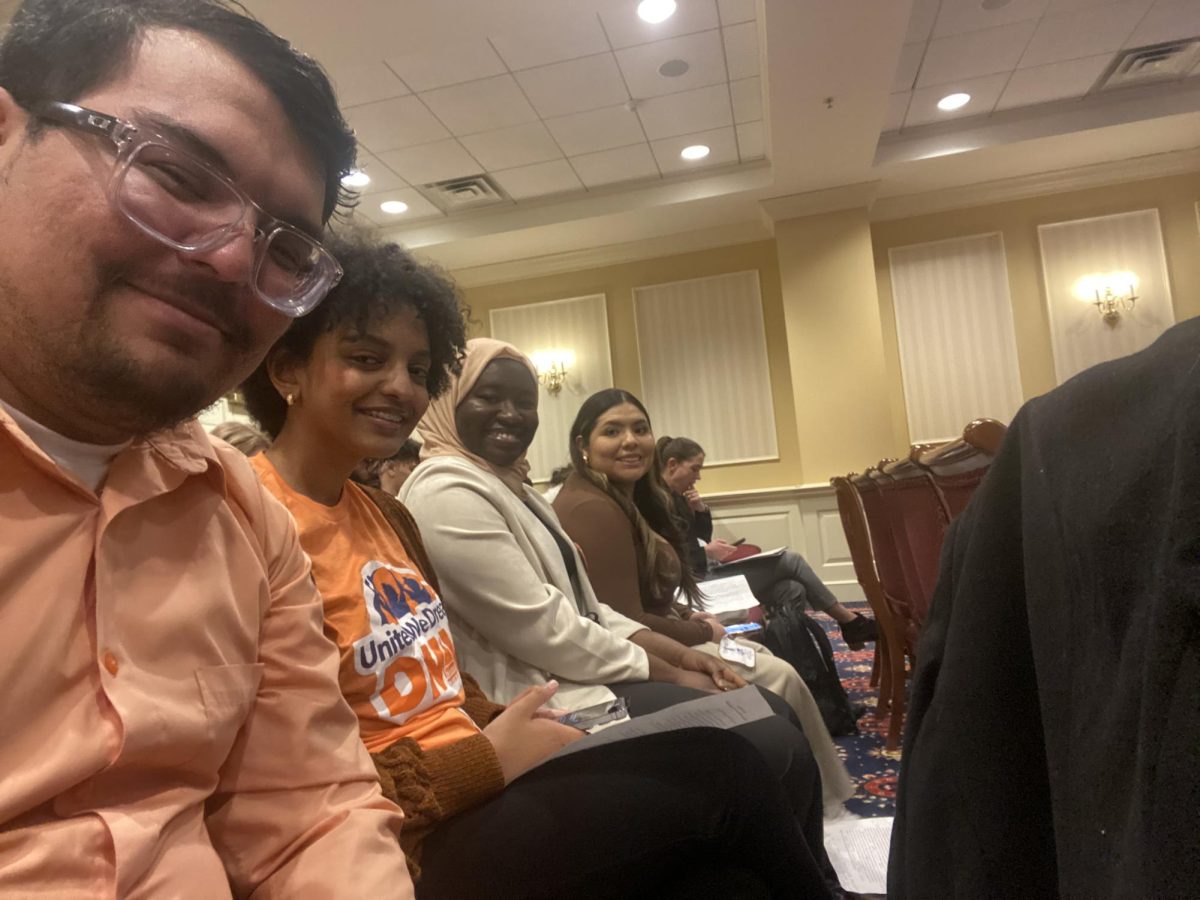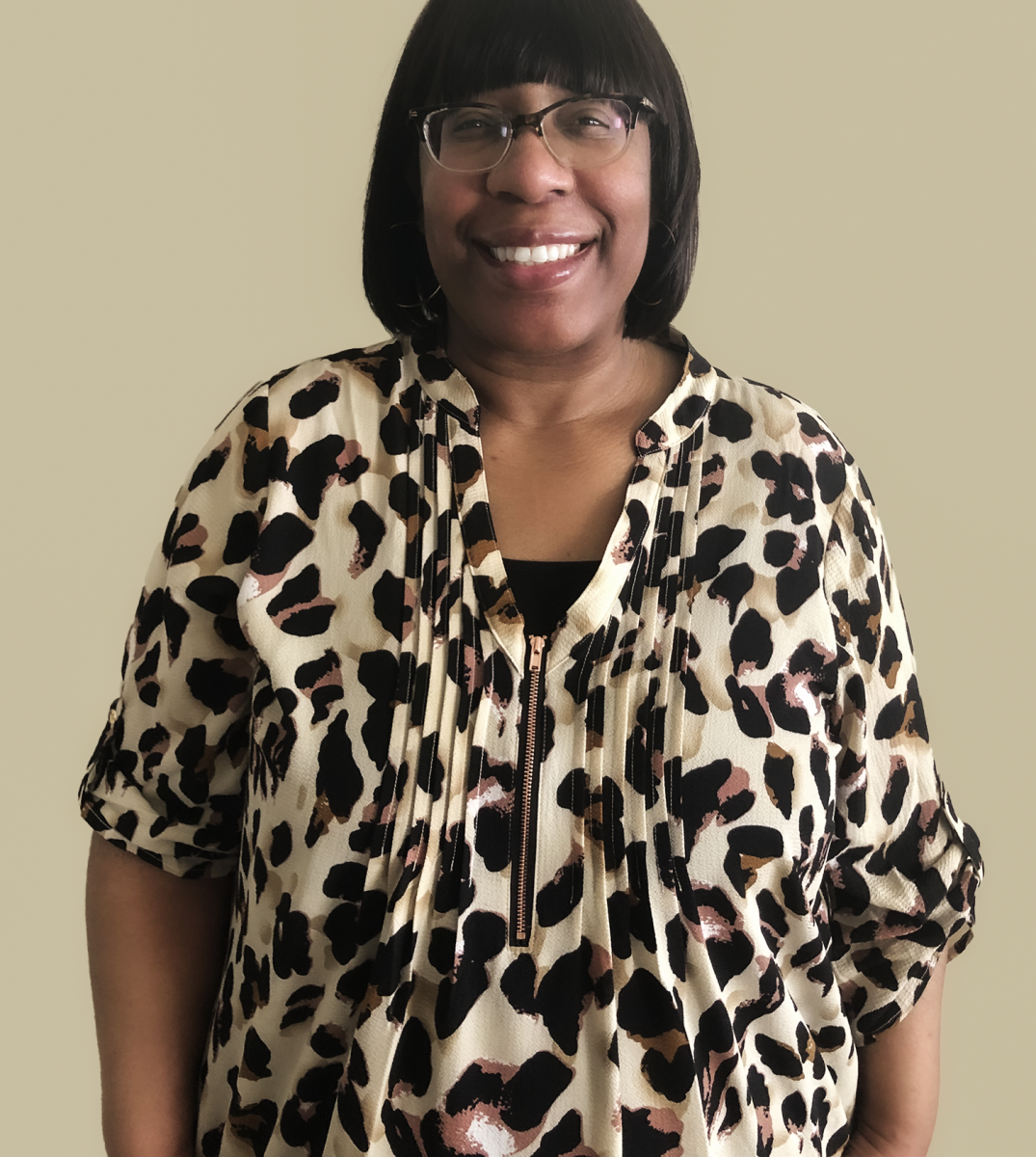
When many people get ready to graduate from high school, their first choices of schools to apply to are commonly four-year institutions, and community colleges tend to get overlooked.
Due to societal perception, people generally underestimate the value of education received because community colleges have a lower academic rigor and prestige, fewer programs available for students, and lack of a college experience seen in four-year schools.
I used to think that way.
When I finished high school, I had plans to go abroad to Prague. But one thing led to another, and suddenly I found myself alone: no job, no direction, just me and my thoughts.
I knew I had dreams, goals I demanded of myself. But to reach them, I had to face fears I’d been avoiding for years.
I called my high school to request my transcript, even though the memory of my past grades made me feel sick.
I reminded myself: No one here knows me. You won’t see anyone from high school. You’re just like everyone else, here to get a degree.
I sent my high school transcript to Montgomery College.
Five people from my past recognized me upon entering MC. Each time our eyes locked, I wanted to disappear. My heart would race, bracing myself for judgment.
I pushed through the anxiety of being judged or recognized.
To my surprise, every interaction was kind. It was strange and humbling, but what I feared most turned out to be encouragement in disguise.
It was also humbling how the MC community shared their observations on the community college stigma.
Pierre Harges, the surgical technology program director, shared his thoughts and reflected on his time during community college.
“There was always this lacking feeling of true educational college experience,” Harges said. “It was always kind of like this fallback mindset where if I’m not going to a university or to an institution that has more reputability, then the fallback is to go to a community college.”
After community college, Harges earned his bachelor’s in science and business, a dual master’s in education and curriculum development, and now holds a medical license.
After hearing Harges’s statement, I reflected on the time when I was completing college applications.

I had the same thought: if I couldn’t get into any good schools, MC would be my last resort. I held the pre-built notion that community college was only for people who weren’t good enough to get into four-year universities or who did poorly in high school.
Another current student, Isaiah Smith, an electrical engineering major, explained his academic viewpoints on experiencing a four-year institution versus MC.
“MC is miles better than the four-year that I was at. The professors here seem a lot more motivated than the professors I had at my four-year,” he said. “And the classes were structured, a lot more transparency, and the classes here teach material that I personally feel like are going to be more beneficial to me professionally going forward.”
Smith said that being involved with campus life and engaging in classes helped him with his organization, timeliness, communication, self-discipline, and networking skills needed to help anyone in any career field.
According to MC’s Office of Institutional Research and Effectiveness, MC has prepared students to transfer into many highly-acclaimed schools, such as the University of Maryland, Brown University, Columbia University, George Washington University, Oregon State University, and Yale, to name a few.
After a month or two, the texts started coming in: “You’re at MC?”
My stomach sank.
I knew being involved in clubs and student organizations meant being visible, and in this age of social media, news travels fast.
I want to model someday.
I want to start a YouTube channel with my friend.
So leaning into being seen is part of the process, but that didn’t make it any easier.
Then, something shifted as I settled in at the college.
I started opening up more.
I told those same friends about my goals: to transfer to an Ivy League.

Because most people see community colleges as a “fallback” or “last resort” option, it doesn’t pique much interest in prospective students. The “college life” media portrayal at a four-year institution makes us crave that lifestyle.
I thought “college life” was being on your own for the first time, waking up with your dormmate, heading to class, going to the chill spots on campus, being away from home and feeling like you’re starting anew.
After some time at MC, I realized that what I was feeling was societal pressure to get into a four-year institution, along with my own insecurities and fear of judgment, which blinded me to the reality of the relationships I was forming and the opportunities I was being offered.
I learned that it doesn’t matter where you get your education. There is a communal respect for those who are furthering their education.
At that moment, I stopped feeling ashamed of attending MC.
It may be a community college, but it’s been the foundation for my growth socially, academically, and professionally.
I now see it as a powerful stepping stone.
And I’m going to thrive here.



